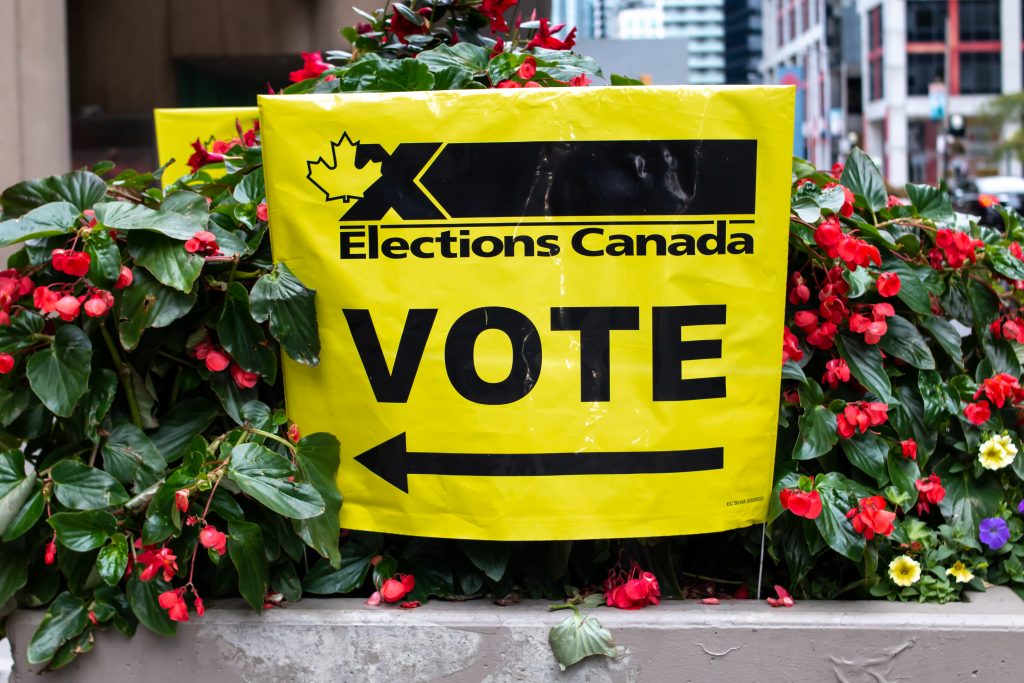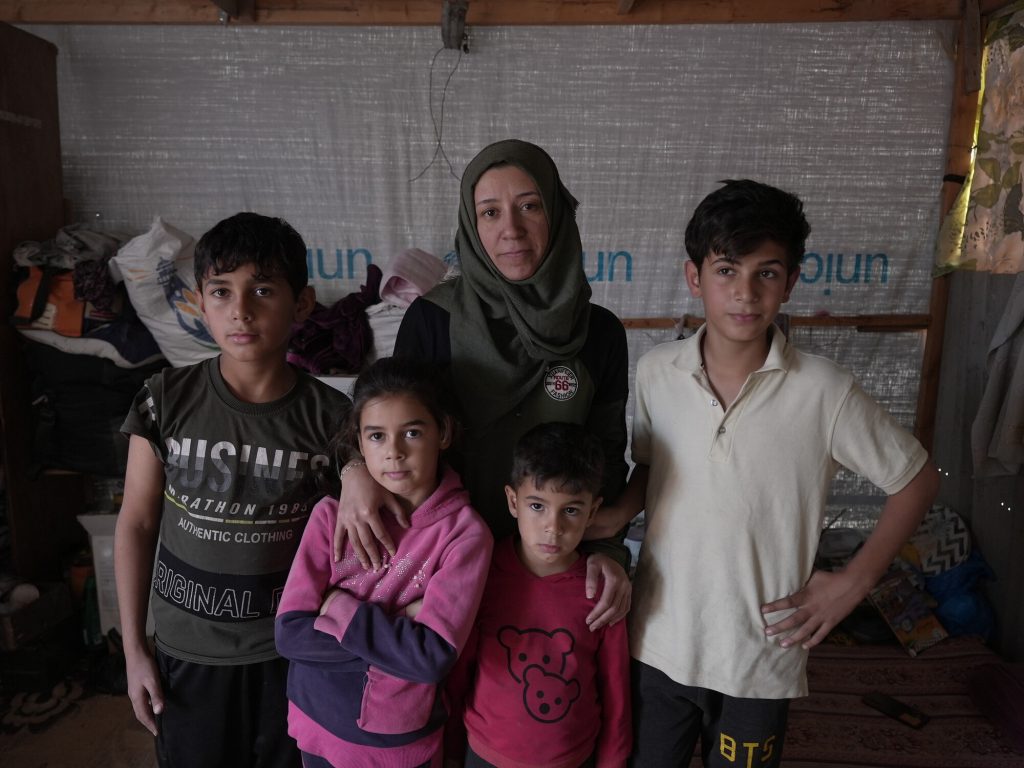The invisible pandemic that’s been years in the making
The world is suffering through a pandemic unlike any other. It has been shutting down households, imprisoning lives, insidiously disrupting economies, and crippling populations across the world. It knows no age, no class, no educational background, no ethnicity and no borders.
And no, it’s not COVID-19. We are talking about Violence Against Women and Girls (VAWG), a global pandemic that continues to adversely impact women and girls in every single country of the world. Despite its scope, public acceptance of the severity of this particular pandemic is still contested. Around the world, women are named, shamed and even killed for speaking of it.
For those of us who work on ending violence against women and children, it is not easy to turn a blind eye. This is despite the overwhelming desire sometimes to shut down and turn away, to attempt to self-care and focus inward for a while. After all, aren’t we all suffering in this pandemic together?
But there is suffering, and then there is suffering.
A persistent pandemic, it has prompted global leaders to sound the alarm about the ‘horrifying’ rise in violence against women and children during the lockdown caused worldwide by COVID-19. According to independent advocacy groups and United Nations agencies, reports of sharp increases in domestic violence and femicides have been reported in virtually every region. In fact, if the lockdown continues for three more months, 15 million additional cases of violence are expected globally. In a year’s time, that number balloons to an additional 61 million.
“Over the past weeks as economic and social pressures and fear have grown, we have seen a horrifying global surge in domestic violence,” UN Secretary General António Guterres said in a video message, adding a plea to all nations to “make the prevention and redress of violence against women a key part of their national response plans for COVID-19.”
Here at home, the devastating shooting in Nova Scotia – the deadliest attack in Canada’s history in which 22 people were killed – is rooted in the normalization of violence against women and toxic masculinity. The night of the rampage, the shooter had assaulted his girlfriend who hid in the woods. Thirteen of the victims were also women. Police have speculated this was likely the catalyst to the killings that followed and that he was targeting women and their families.
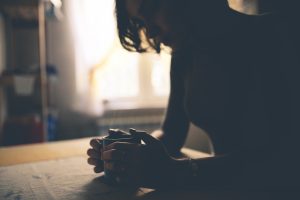
Shutterstock/photo
Shelters and hotlines have been inundated with calls – even as they face closures due to shrinking funding. A Vancouver-based crisis line reported a 300 per cent surge in calls as more women were fleeing abusive partners during the outbreak. A big risk is that these organizations divert their services to support COVID-19 health responses at a time when work to end violence against women is needed more than ever.
At Oxfam Canada, we have been working to eliminate violence against women and girls for years. Through our work with local women’s rights organizations and networks across the world, we have seen links between other pandemics and a sharp rise in violence against women and girls, as well as an overall increase in vulnerabilities. They are inextricably and devastatingly linked.
There is no reason to think this pandemic will be any different. In fact, it is shaping up to be much worse, given the global nature of the lockdown.
A grim picture from one corner of the world
In an effort to understand what others are facing, we reached out to the Oxfam confederation’s teams and partners – the civil society and women’s rights organizations at the forefront of relief efforts who have immediately mobilized to offer support to women and girls. They have painted a grim picture of the consequences of a militarized lock down in a number of countries where they work.
Marevic Parcon, the Executive Director of the Women’s Global Network for Reproductive Rights – one of our partners in the Philippines – said: “COVID-19, like any other disaster and emergency situation, exacerbates pre-existing vulnerabilities and discrimination against women and girls and manifests them in the rise of gender-based violence.”
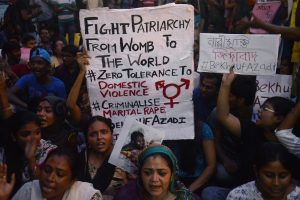
Shutterstock/photo
Afghanistan, a country already riddled with political violence and very high levels of domestic violence – 87 per cent of Afghan women reportedly are experiencing at least one form of physical, sexual or psychological violence. At the start of the lockdown, partners had expressed their fears that it would only increase, especially due to economic concerns and cramped living conditions. A recent needs assessment carried out by Oxfam in Afghanistan has confirmed those fears: 97 per cent of female respondents said domestic violence has increased since the COVID-19 outbreak started.
One woman, whose identity has been withheld for her protection, said, “My husband is a strict and rude man. These days he is always at home, he really takes it out hard on me and my children. He has made our life very difficult; everyday my children are beaten by him and he has beaten me when I stopped him from beating the children.”
Members of our partner organization in Pakistan, Idara-e-Taleem-o-Aagahi (ITA) tell us that women and girls have been confined to households and in relationships that are abusive and violent in ‘normal’ times.
Since self-isolating in abusive relationships, women are facing increased injuries through physical, sexual, and verbal abuse, and reproductive health problems like unplanned pregnancies. Women and girls are unable to access shelters and support services, which have already scaled back their support because resources are being reallocated towards COVID-19 health responses.
According to Shameen Raza, from Oxfam Pakistan’s Gender Justice Team –
“Perpetrators are fully aware of their partner’s emotional vulnerability and economic dependence, and use their power to manipulate them and further restrict their partners’ access to support services.”
Furthermore, increased economic vulnerabilities are compounding the risks of VAWG.
In the Uttar Pradesh province of India, women’s rights organization Astitva says the lockdown has resulted in the shutting down of liquor shops. Due to their closures, the men are venting their frustration on women at home. Migrant workers in India have lost their jobs since heading back to their villages to self-isolate. Frustration among residents in rural villages has increased due to the overcrowding in homes, caused by returning migrants from the urban areas. Similarly, movement restrictions have left Nepali seasonal workers without a job.
Particular concern is being expressed by partners, globally, around the increased burden of care that will be placed on women with children out of school, workers trying to work from home, and scarce supplies. In the Philippines, as in many other countries, some will cope with the crisis by borrowing money from ‘informal’ lenders who charge exorbitant interest rates or resort to transactional sex for food from the women and girls who are responsible for bringing in food for households.
Child and Early Forced Marriage (CEFM) is a form of violence against girls that increases in times of crises, as families marry off their young daughters for several reasons, including financial hardship and perceived better protection for the girls. Financial stresses as a result of the pandemic are exacerbating tensions in the home, and women and girls are bearing the brunt.
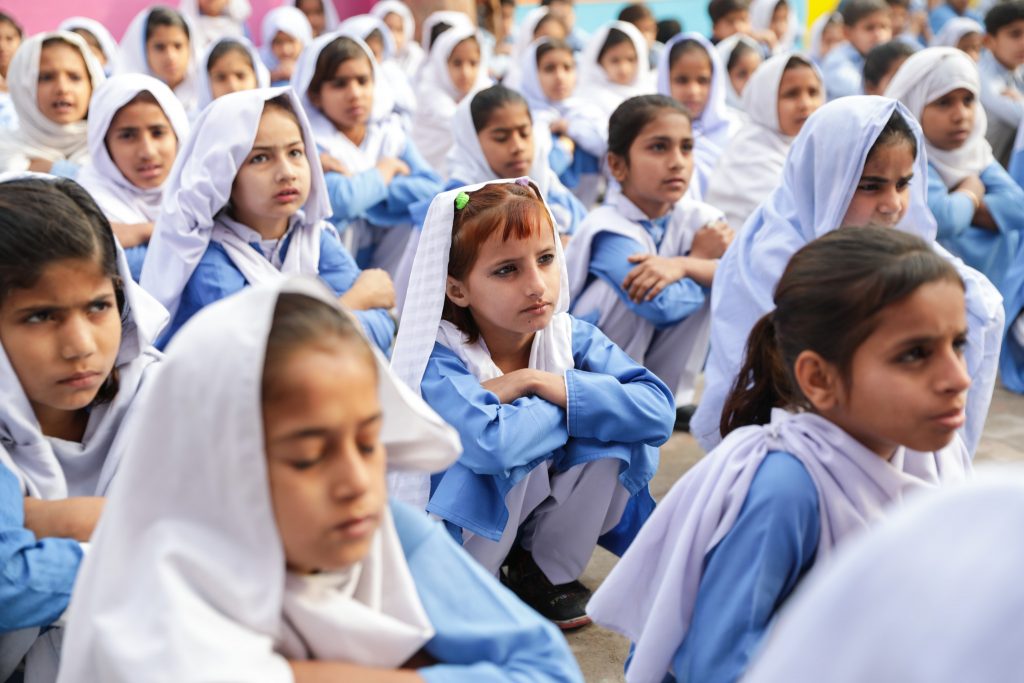
Girls at a morning assembly at a school in Multan, Pakistan. Photo by Insiya Syed | Oxfam
Community in the face of adversity
In the face of this violence, community-based efforts, supported by Oxfam, are emerging that are creating alternate forms of support networks for women and girls. Social cohesion – community ties – are being built and the eyes of the neighbourhood are replacing temporarily closed shelters. Community watches and support are replacing local police, with codes to report violence being used in pharmacies, where women go frequently to get medicine and supplies.
Oxfam’s local partners in Bangladesh have already started awareness-raising efforts in their communities through youth agents, who are distributing leaflets on support services still available to women in precarious situations. They are also trying to connect women to important health services in light of the COVID-19 crisis.

Shutterstock/photo
In Uttar Pradesh, Astitva’s staff are extending 24/7 counseling support by phone to families and individuals, who are in need of psychosocial support. Members of the organization and youth champions are actively available on their phones, tracking and monitoring cases of abuse and linking the victims with the local police and women’s helpline.
In Pakistan, Oxfam’s partners are using social media awareness campaigns to encourage women to reach out to trusted women leaders at the community level through text messaging and WhatsApp. This technology is being used for coordination and communication with vulnerable women in light of the crisis and is linking them to active helplines, available social and legal support in the community or to report perpetrators.
Collective action, for all our sakes
Canada and richer nations must look to countries in the Global South and provide support for women and girls wherever possible. This starts with providing core support to shelters and services urgently, so that they are able to continue, and even scale up, their work in the face of COVID-19.
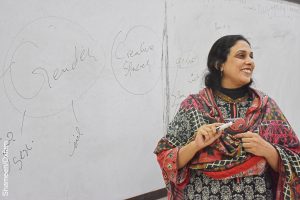
Photo by Caroline Leal | Oxfam Canada
In France, the government has been able to put women in hotels to get them out of abusive situations.
The Canadian government has announced an $82-billion COVID-19 aid package, which included earmarked increases in $50 million funding for gender-based violence shelters and sexual assault centers.
These domestic efforts are small beacons of hope that this issue is being addressed. But, we cannot look inward. What we need now is a collective global effort to reduce if not eliminate this invisible pandemic because none of us are safe, when the most vulnerable among us is not.
Written by Oxfam Canada’s Mayssam Zaaroura, women’s rights knowledge specialist and Farwah Qasim, program officer for international programs. This feature was only possible with the valuable input of partners from around the world whose work Oxfam supports. It was also made richer by contributions from members of Oxfam Canada’s Ending Violence Against Women team: Roxanne Murrell, Anna du Vent, Kimia Ghomeshi, Asma Siyala, and Natalie Buchanan.
